Today, on International Women's Day, we want to address the topic of " period poverty ".
We are concerned. We are aware that not only women menstruate. However,
This predominantly affects people who identify as women. Therefore, in this article we will refer to women, but we mean people of any gender who menstruate.
We are concerned. We are aware that not only women menstruate. However,
This predominantly affects people who identify as women. Therefore, in this article we will refer to women, but we mean people of any gender who menstruate.
According to the German Child Protection Association, Berlin branch, this describes
Word "Period poverty" is an unfair term. It refers to the fact that some people don't have enough money to buy menstrual products .
Menstrual products include, for example, sanitary pads, tampons, or menstrual cups. For
People who, for example, receive Hartz IV benefits or earn little money may be eligible.
Menstruation can become a financial burden. Here's an example: People living on Hartz IV (unemployment benefits) have €16.11 per month available for hygiene products . From this, they have to buy things like shampoo, deodorant, shower gel, toothpaste, toothbrushes, and toilet paper. Menstruating people also have to buy their menstrual products from this €16.11. Furthermore, menstruating people sometimes need pain medication during their period. This is because menstruation causes abdominal pain for some people.
Menstruation costs money. The unfair part is that not everyone can afford it.
For about a month now, we've had menstrual products available in all the restrooms in our Hamburg office . Our aim is to help people who use the restrooms and are menstruating in a bloody emergency, and at the same time break the taboo that menstruation unfortunately still is.
One initiative that campaigns against period poverty is Social Periode eV.
They say the following: Menstruation remains a major taboo subject in social discourse. However, open discussion about menstruation is essential if we want to ensure that every woman has access to menstrual products. Homeless women, in particular, have a much harder time managing their menstrual hygiene. The Federal Association for Homeless Assistance states that approximately 100,000 women are homeless in Germany. According to Caritas estimates, around 2,500 women are currently living on the streets of Berlin alone in precarious conditions . This number is rising. Many of these women are of childbearing age and have no or very limited access to menstrual products. This is primarily because social service agencies rely heavily on donations to provide hygiene items. Sanitary pads and panty liners are especially needed.
We no longer want to accept these conditions and would therefore like to change something with your help. If you happen to live in Berlin, you can get involved with Social Period . If not, you could donate menstrual products that you have left over, for example, after switching to a menstrual cup, to women's shelters or refugee accommodations .
Otherwise, it's always helpful to talk about menstruation in your personal life or at work . Of course, only if you feel comfortable doing so. Many women still feel insecure about discussing their period symptoms and anxieties, especially at work. However, without open discussion, injustices and inequalities cannot be addressed.
Therefore, on this International Women's Day, we wish for a more open approach to menstruation and free menstrual products in all public restrooms to actively combat period poverty.
Sources :
https://kinderschutzbund-berlin.de/periodenarmut-was-ist-das/
https://www.socialperiod.org/#main

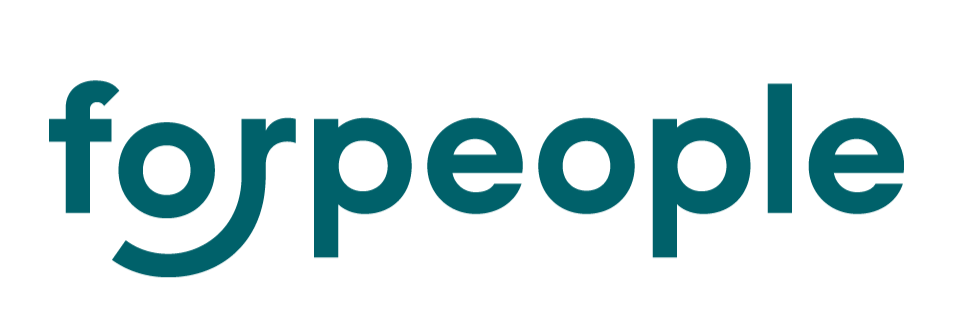
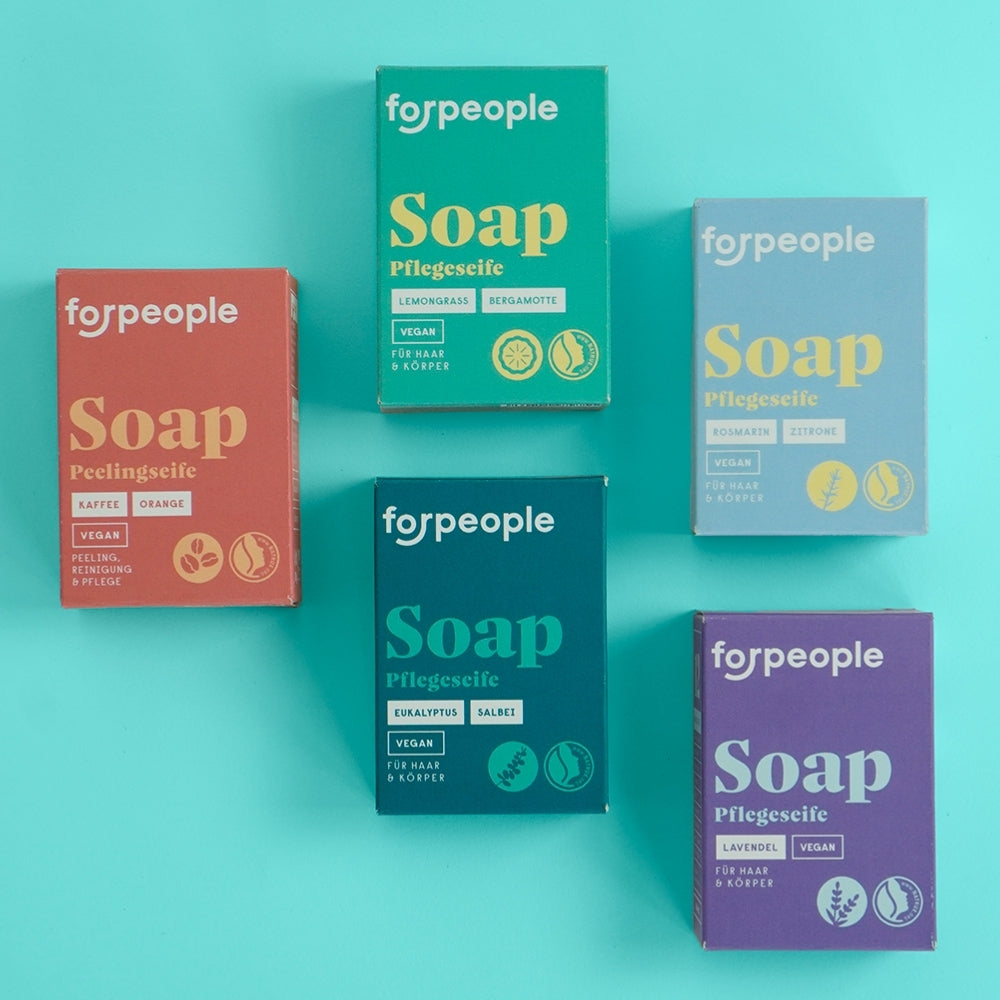
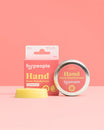
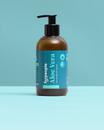
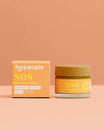
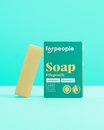
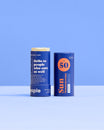
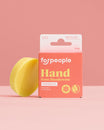
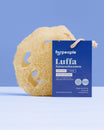
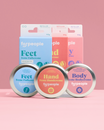
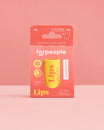
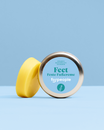
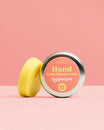

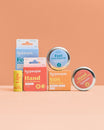
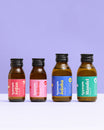
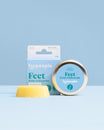
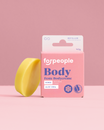
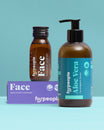
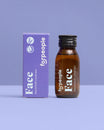
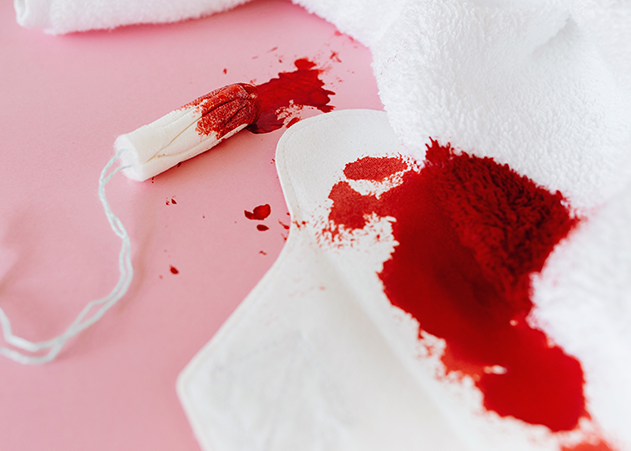
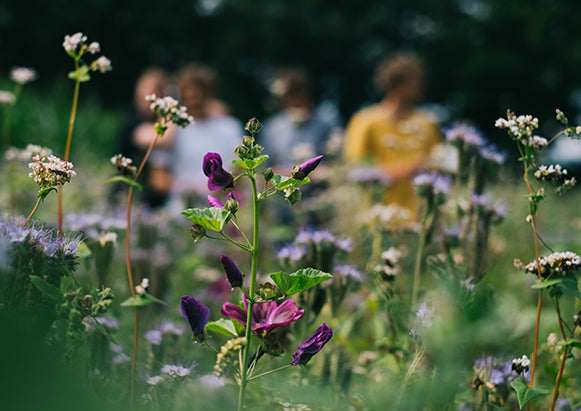
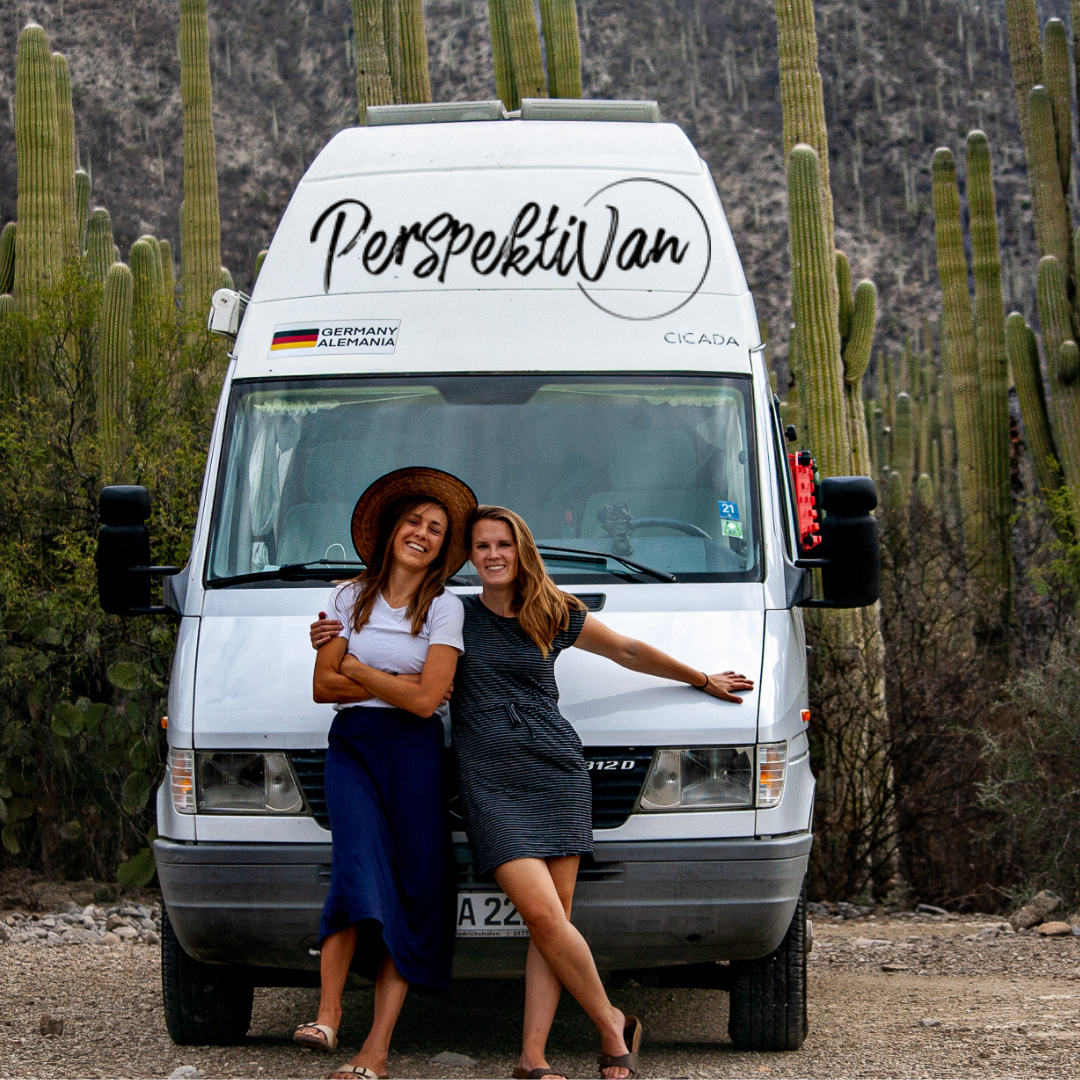
Leave a comment
This site is protected by hCaptcha and the hCaptcha Privacy Policy and Terms of Service apply.